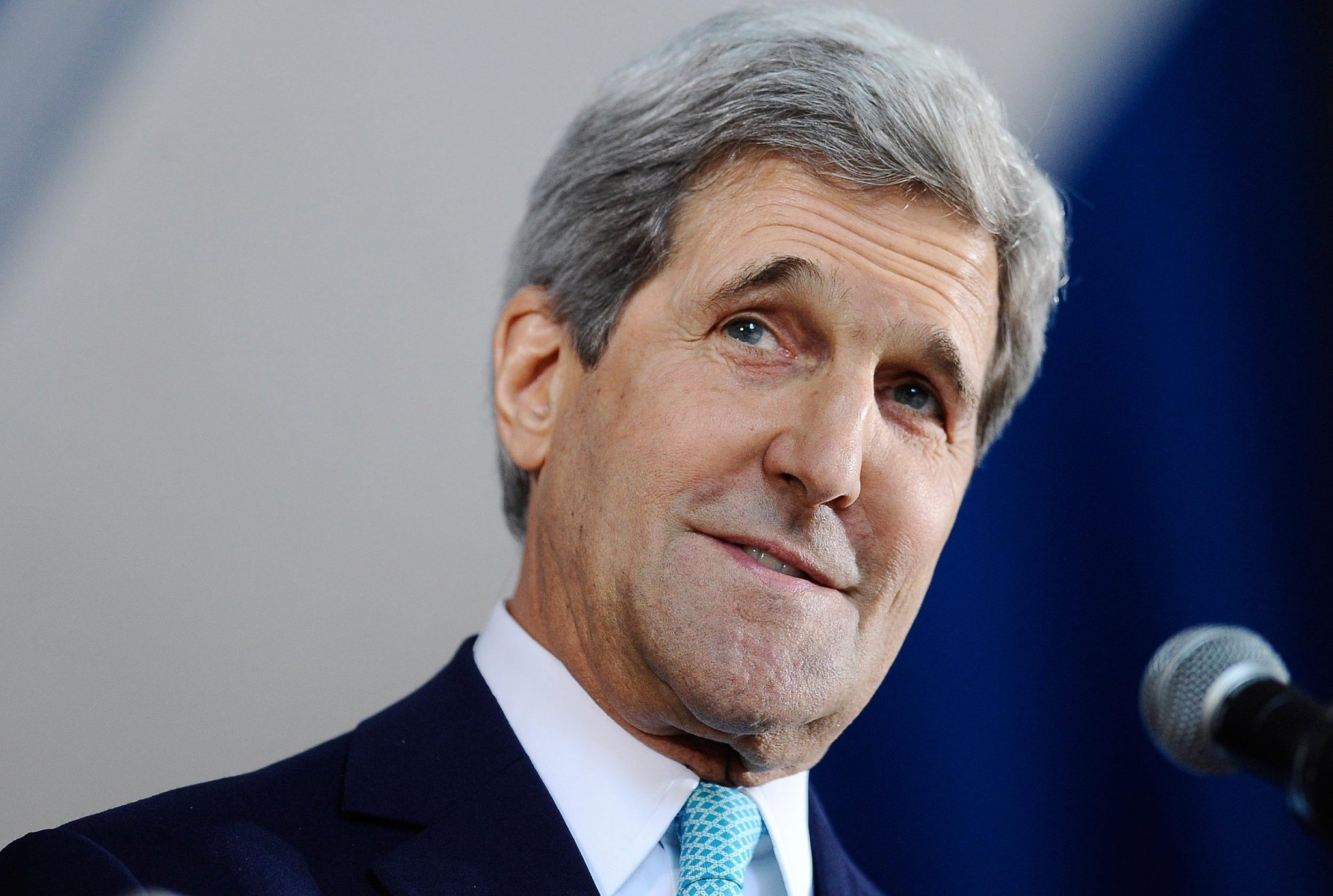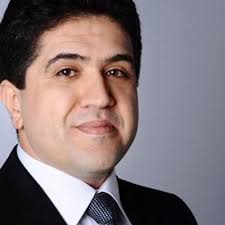
A 48-hour ceasefire ended Monday in Yemen after failing to stem violence across the country, with both sides blaming each other for deadly “violations” of the US-backed truce, said AFP
The begining came from Yemen’s dominant Houthi Shia movement, backed by Iran, that launched Katyusha rockets into Saudi Arabia on Sunday, reported Reuters, adding that another rocket targeting a military base in the Kingdom’s southern Najran province was launched in response to Saudi shelling on Yemeni border villages.
Major General Ahmed Asseri, the coalition spokesman, denied that the Saudi-led Coalition had violated the ceasefire, but he accused Houthis of 180 violations in the first 10 hours of the ceasefire, saying “150 breaches took place in Yemen, while 30 others were along the northern border with Saudi Arabia”.
Talking from Riyadh to Al Jazeera, Asseri outlined that air strikes on Houthi rebel positions in capital Sanaa were a response to truce violations.
Military and medical sources said that 15 rebels and nine loyalist troops were killed in clashes overnight in and around Taez, also 4 civilians were killed and 11 others wounded in rebel bombing of loyalist-held neighbourhoods.
Despite these violations, AFP reportaed that the coalition said that the truce could be renewed if the rebels abided by the deal and allowed aid deliveries to besieged cities.
John Kerry’s plan
On Saturday, days after news emerged about an accord between Saudi-led Coalition and Houthis to put an end to the war, Saudi-led military coalition declared a 48-hour ceasefire in Yemen on Saturday, on the condition that Houthi rebels abide by it and allow humanitarian assistance into besieged cities, particularly the city of Taiz, reported CBS News.
This ceasefire comes two days after an earlier plan for a U.S.-brokered ceasefire faltered. U.S. Secretary of State John Kerry, who met with Houthi representatives in Oman this week, set Nov. 17 as the beginning of the ceasefire.
Despite these meetings and the announcement of a ceasefire, Houthi military spokesman, told the Associated Press that the fighting hasn’t stopped at any of the front-lines.
He said that the rebels support a full cessation of hostilities, but that the reality at the moment is, “all parties are engaged in fighting,” outlined CBS News.
According to media reports, the new map for ceasefire in Yemen proposed by John Kerry, described as similar to the one implemented between April and August of this year, calls for Yemeni President Abdu Rabu Mansour Hadi to hand power to a less divisive deputy in exchange for the Houthis withdrawing from Yemen’s main cities.
Also, the proposed road map calls for the formation of a national unity government in a safe and secure Sana’a (the capital) and an end to the war before Barack Obama leaves office.
Although John Kerry announced last week from Emirates – a key member of the Saudi-led coalition- that Houthis and Saudi Arabia agreed to find a political settlement for the war in Yemen, the Yemen’s government said that it was not interested in the cease-fire and the unity government announcement, affirmed Voice of America.
For the Yemeni government, John Kerry’s new peace initiative is a bid to derail peace efforts and a bid to reach an agreement with the Houthis without the government.
The Yemeni foreign minister in the Government supported by Saudi Arabia, Abdel-Malek al-Mekhlafi rejected the move, complaining of being bypassed, and reacted on Kerry’s comments, saying: “I believe the current US administration is incapable of providing any guarantees to any party and what Kerry has said is no more than a media bubble at our people’s expense,” reported al-Jazeera television.
It is noteworthy that there was no immediate comment from the Arab coalition on Kerry’s statements, while the Saudi officials did not deny or approve Kerry’s comments.
Furthermore, this time is the first for the Saudi officials to show, through the US secretary of state John Kerry , their semi-approval of holding talks with Houthi rebels in order to put an end to the war.
According to media reports, if Saudi Arabia announces clearly its approval of Kerry’s new road map, that means it has overridden Hadi’s government.
According to BBC News, Yemeni Foreign Minister’s remarks reflect that Saudi Arabia may have surpassed the agreement with the internationally recognized government of President Hadi.
“The text refers to two parties only, which are are Saudi Arabia and the Houthis without mentioning the President Hadi military forces or the fighters of former President Ali Abdullah Saleh, said BBC.
John Kerry apologizes
Asharq-Al-Awsat Saudi newspaper said that US Secretary of State John Kerry sent a letter to Yemen’s President Abd Rabbuh Mansour Hadi in Riyadh by Assistant Secretary Tim King and U.S. Ambassador to Yemen Mathew Tueller, clarifying his comments about the agreement to stop hostilities in Yemen and reach a durable settlement to the conflict.
Although John Kerry announced the new road map in an official press conference in Abu-Dhabi, he said in his letter to the Yemeni president that he had struck the deal only with the Houthis.
Kerry also told Abd Rabbuh Mansour Hadi that he has neither informed the Saudi-led coalition nor the Yemeni government about the deal.



